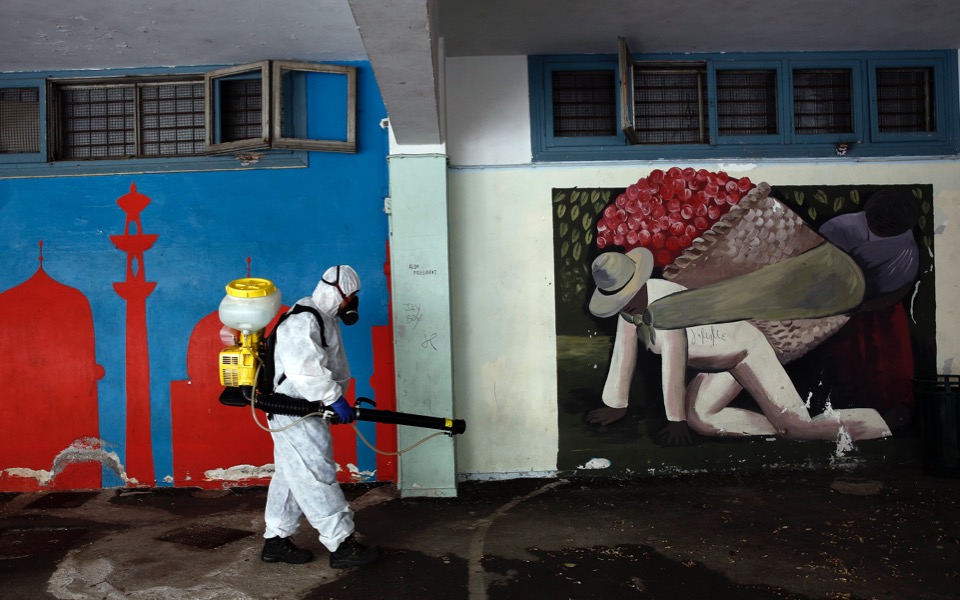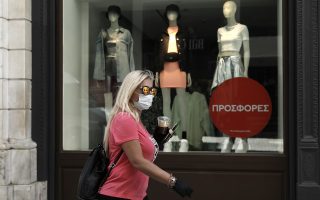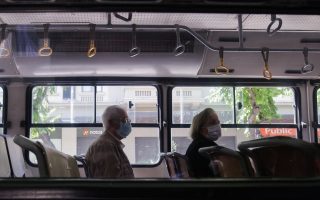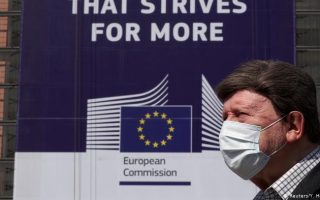The risk of opening schools from May 18

The government’s prompt response to the health crisis and the people’s compliance explain why Greece has reported less than 15 deaths per million of the population when countries of a similar size like Portugal reported 100/million and Belgium 750/million. The next phase that started this week with the gradual lifting of restrictions will be tougher and painful. Not only does it risk leading to a sudden spike in infections if the return to normalcy is not handled cautiously, it will also bring citizens face to face with the harsh reality of the lockdown’s huge impact on the economy.
Key to the response’s success was the confidence citizens felt in Professor Sotiris Tsiodras, who explained the government’s decisions in simple yet scientific terms, and also in Deputy Civil Protection Minister Nikos Hardalias, whose message was one of staunch determination. However, the recent and unexpected decision to open all middle and high schools as of May 18 has divided the scientific community and left citizens perplexed.
The main argument for reopening schools is that school-aged children allegedly do not carry a large viral load and cannot infect their more vulnerable elders. Apart from the fact that this opinion contradicts what many scientists have been saying from the start, there are also compelling new findings to support the complete opposite theory. According to a German study recently cited by the Guardian, for example, even though children with Covid-19 may be asymptomatic, they may be just as infectious as adults. Schools may become hotbeds for the disease, spreading it to communities, the article warned.
Scientists in Greece have expressed similar reservations, further warning about the risks in households where pupils are in daily contact with vulnerable people.
Given these findings, citizens cannot understand the government’s hurry to reopen schools. Some say that it is down to the Education Ministry wanting to test the waters ahead of September, when there may be a resurgence of the pandemic. Nevertheless, it is obvious that opening schools now engenders a lot more risk for the community than opening them on September 1, by which time new medicines may have been discovered or the virus’ potency may have waned.
There is also a very real possibility that many parents will choose not to send their kids to school over fears that they’ll be infected, leading to a surreal situation whereby schools will operate amid myriad difficulties, without a large part of the student body.
The issue has, unfortunately, been made more complicated by the opposition’s vehement criticism of the government’s decision, causing even more polarity and making it harder to retract the measure. That said, Prime Minister Kyriakos Mitsotakis has shown that he will not put the political cost of a decision above the public’s health – which is also one of the reasons why he’s enjoying such popularity.





